The health benefits of bananas are numerous, from promoting digestive health, boosting the immune system, to regulating blood pressure and maintaining heart health while helping stabilize blood sugar levels.
However, when eating bananas, people tend to criticize overripe bananas that have turned brown. So are overripe bananas still safe to eat or should they be thrown away?
Dr. Vedika Premani, clinical nutritionist, Sir HN Reliance Foundation Hospital (India), sheds light on this issue.
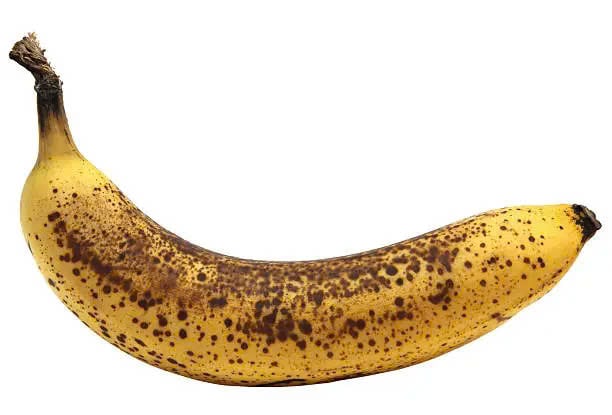
Bananas that turn brown due to overripe are usually still safe to eat.
Dr. Premani says: Initially, raw bananas are green, then gradually ripen and turn yellow, and finally when they become overripe, they turn brown.
When bananas turn brown, it may be overripe, or the peel may be damaged or the banana may be bruised.
Is it okay to eat overripe bananas that have turned brown?
According to Dr. Premani, bananas that turn brown due to overripe are usually still safe to eat, according to health news site Only My Health.
The truth is that overripe bananas are still nutritious. Nutritionally, both ripe and overripe bananas have similar amounts of fiber, potassium, and vitamin C.
However, overripe bananas are sweeter because the ripening process converts starch into simple sugars, increasing blood sugar levels after eating, the doctor added.
A 2021 study published in the scientific journal Plos One found that as bananas ripen, their fiber content drops significantly. Conversely, their sugar content increases significantly as they turn from green to yellow.
Therefore, people who are avoiding sweets or concerned about blood sugar should choose bananas that are just ripe rather than ripe or overripe bananas.
In addition, these people, if consuming bananas in moderation, along with a balanced diet, not only does not cause harm but can also benefit.
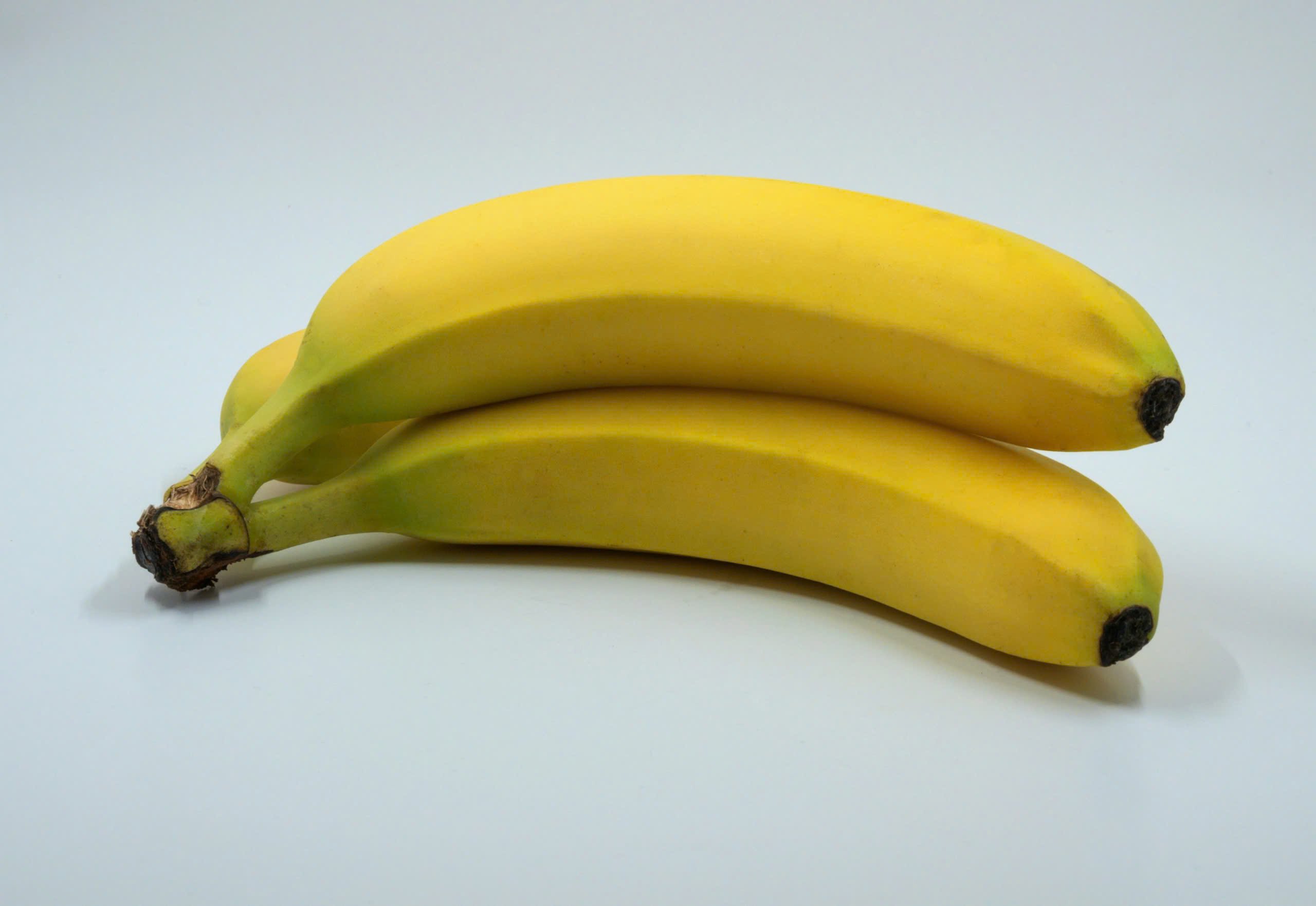
People who are avoiding sweets or concerned about blood sugar should choose green bananas rather than yellow or brown bananas.
In fact, many people find brown bananas easier to digest than yellow bananas, while those with irritable bowel syndrome or other digestive problems may experience the opposite.
Additionally, the riper the banana, the higher the tyramine content, which can lead to increased blood flow to the brain and cause headaches after eating.
When should you throw away bananas?
According to Dr. Premani, if the banana turns completely brown, starts to mold, gives off an unpleasant sour smell, or oozes liquid, then it's likely that the banana has started to spoil and is no longer safe to eat, according to Healthline.
Dr. Premani notes that bananas with lots of brown spots or that have turned completely brown may look less appealing, but are usually still safe to eat and can be used in smoothies or banana bread.
However, the doctor reiterated that if the banana smells strange or has mold growing, it is best to throw it away.
Source: https://thanhnien.vn/chuoi-chin-ruc-co-nen-an-185240918084245241.htm




![[Photo] General Secretary To Lam attends the 8th Congress of the Central Public Security Party Committee](https://vphoto.vietnam.vn/thumb/1200x675/vietnam/resource/IMAGE/2025/10/4/79fadf490f674dc483794f2d955f6045)
![[Infographic] Notable numbers after 3 months of "reorganizing the country"](https://vphoto.vietnam.vn/thumb/1200x675/vietnam/resource/IMAGE/2025/10/4/ce8bb72c722348e09e942d04f0dd9729)





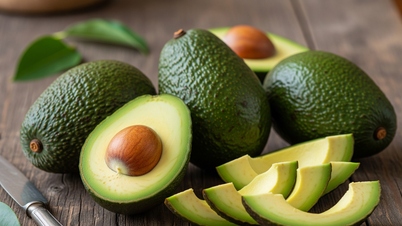
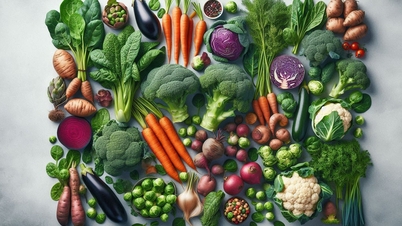




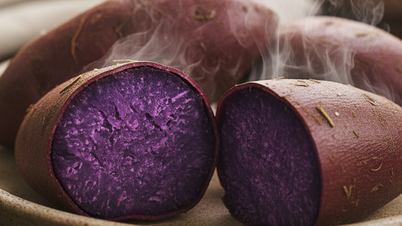



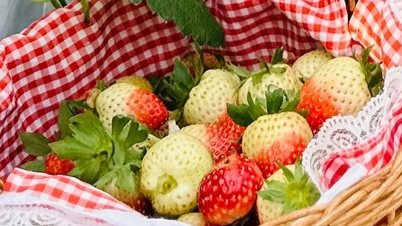










![[Photo] Students of Binh Minh Primary School enjoy the full moon festival, receiving the joys of childhood](https://vphoto.vietnam.vn/thumb/1200x675/vietnam/resource/IMAGE/2025/10/3/8cf8abef22fe4471be400a818912cb85)
![[Photo] Prime Minister Pham Minh Chinh chairs meeting to deploy overcoming consequences of storm No. 10](https://vphoto.vietnam.vn/thumb/1200x675/vietnam/resource/IMAGE/2025/10/3/544f420dcc844463898fcbef46247d16)


































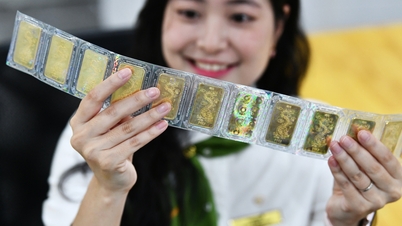












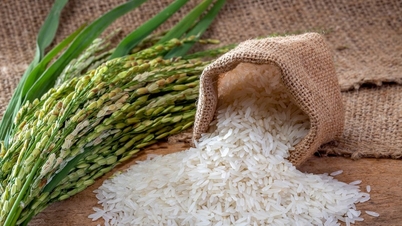

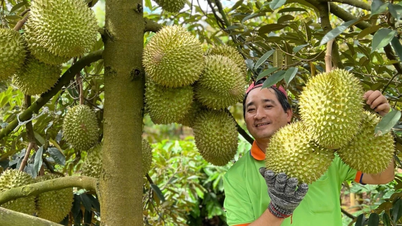




















Comment (0)